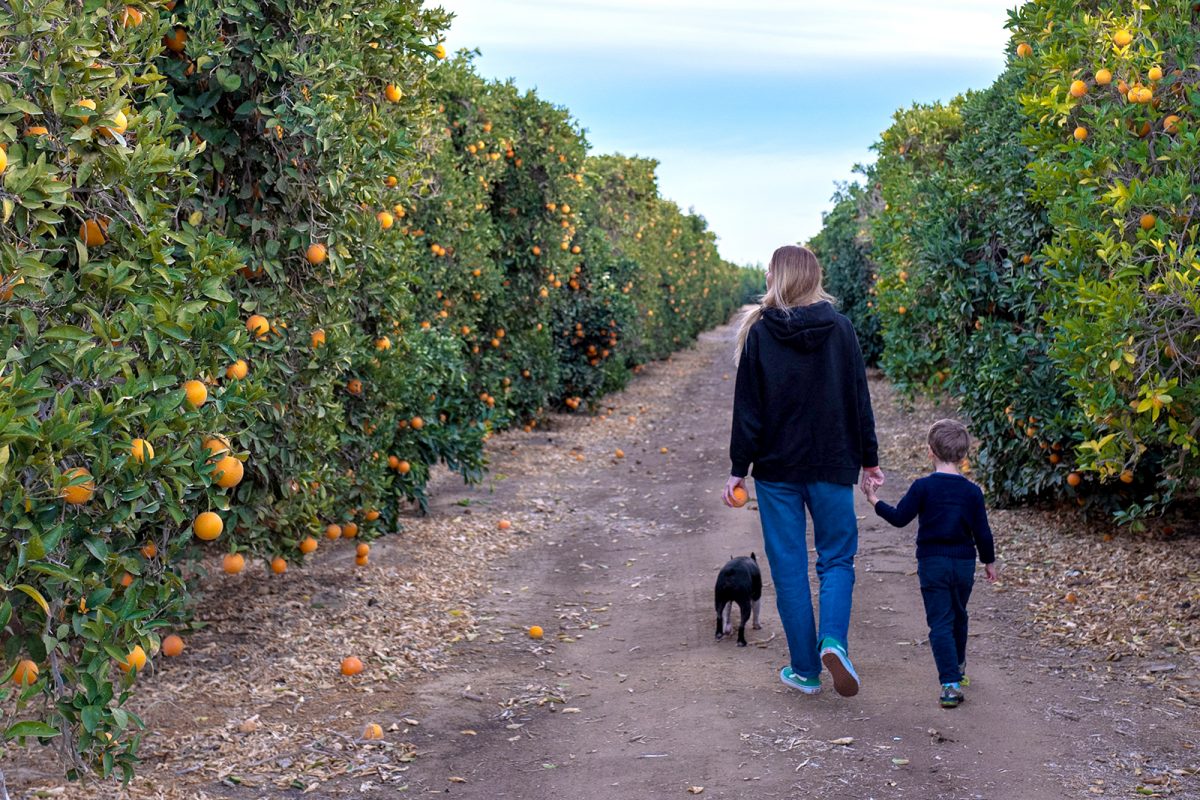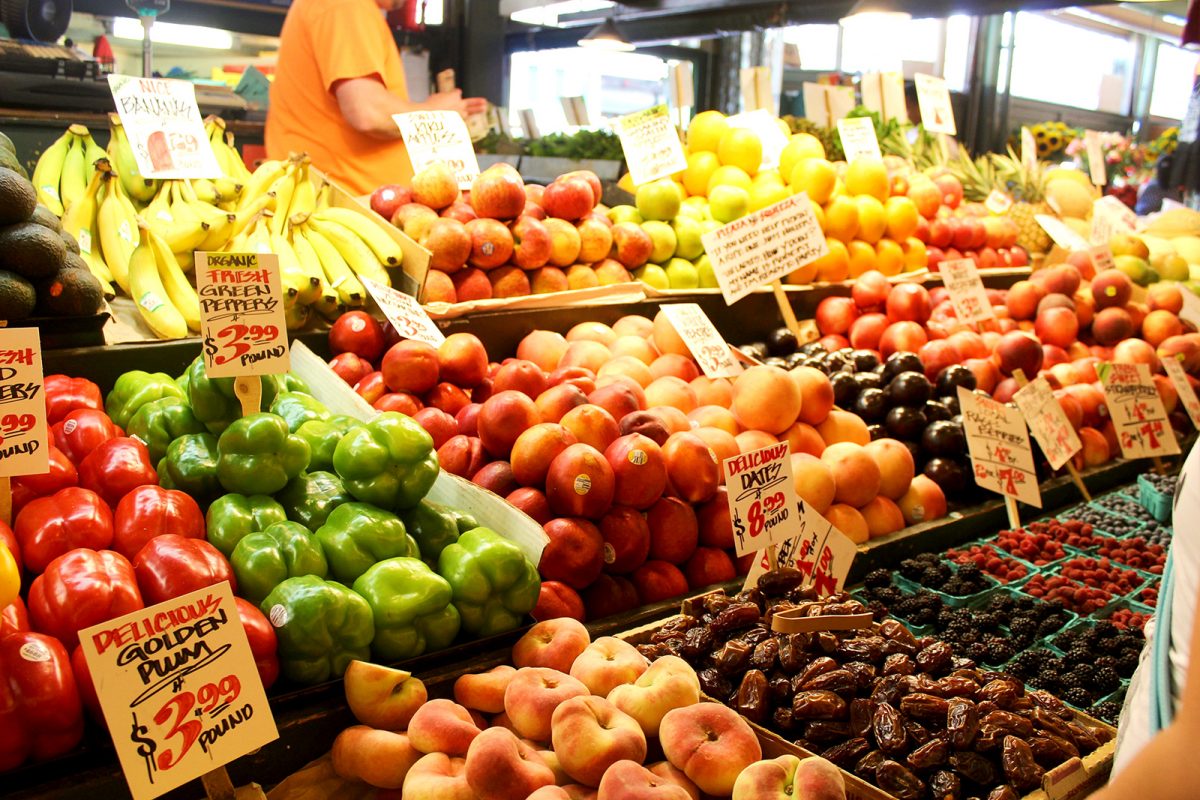Building local
The Covid-19 pandemic has driven a renewed appreciation of local community, with people of all ages gravitating towards collective conservation over individual preservation. Consumers are looking to support businesses that help local people, creating strategies that respond to these needs by hiring locally. A consumer desire to maintain authentic neighbourhoods extends into retail through the people you see working behind the shop front. But to just hire locally is not enough. Consumers expect businesses to support and build communities through positive initiatives and benefiting local communities extends beyond just keeping money locally, into up-skilling local people.

New BIPOC-focused business platforms, sustainable tourism initiatives and robust ocean welfare investments are coming online that will, by 2023, bear fruit in the form of more diverse food business ownership, stronger food supply chains locally and globally, and the empowerment of Indigenous and Black stewards of the land reclaiming regenerative agriculture. The accompanying education and eventual food products will create a stronger, supportive producer-consumer community.
“Going far beyond ‘farm to table’, sustainable gastronomy is an emerging culinary concept that promotes restaurant and cooking practices that contribute to sustainability. Starting with fine dining, this idea will expand across the restaurant industry by 2023”
Intentional communities
Future products will need to be fit to function in a trading environment where collective activism has increased, and industry practices are being continually challenged on environmental and social grounds. Because emerging social and values-led networks will become more influential on consumer purchasing decisions, brands will need to implement new strategies to reach these communities. Mission-driven food community groups that seek to give a voice to under-represented cultures and cuisines will emerge in 2023, alongside those that bring together consumers with a shared purpose.
The communities and collectives that consumers are part of have become more digital, social, local, and rooted in shared cultures or values, resulting in new ecosystems of buyers and creators who collaborate and connect in order to trade.
The new frugality
Covid-19 demonstrated the fragility of food supply chains and employment impermanence,
instilling across generations a need for food economy and a desire for self-sufficiency.
By 2023, consumers will have adopted practices and products developed to be more mindful of sustainability and self-reliance, making frugal consumption a more mainstream value.
Income insecurity and recession will have been experienced by many by the time we reach 2023, leading consumers to reassess their priorities and needs.
While inventive upcycling will continue to go mainstream, connection through value and nostalgia will also be important. Brands that offer consumers new ways to personalise low-cost, high-value products they’re already engaged with will position themselves for success.


